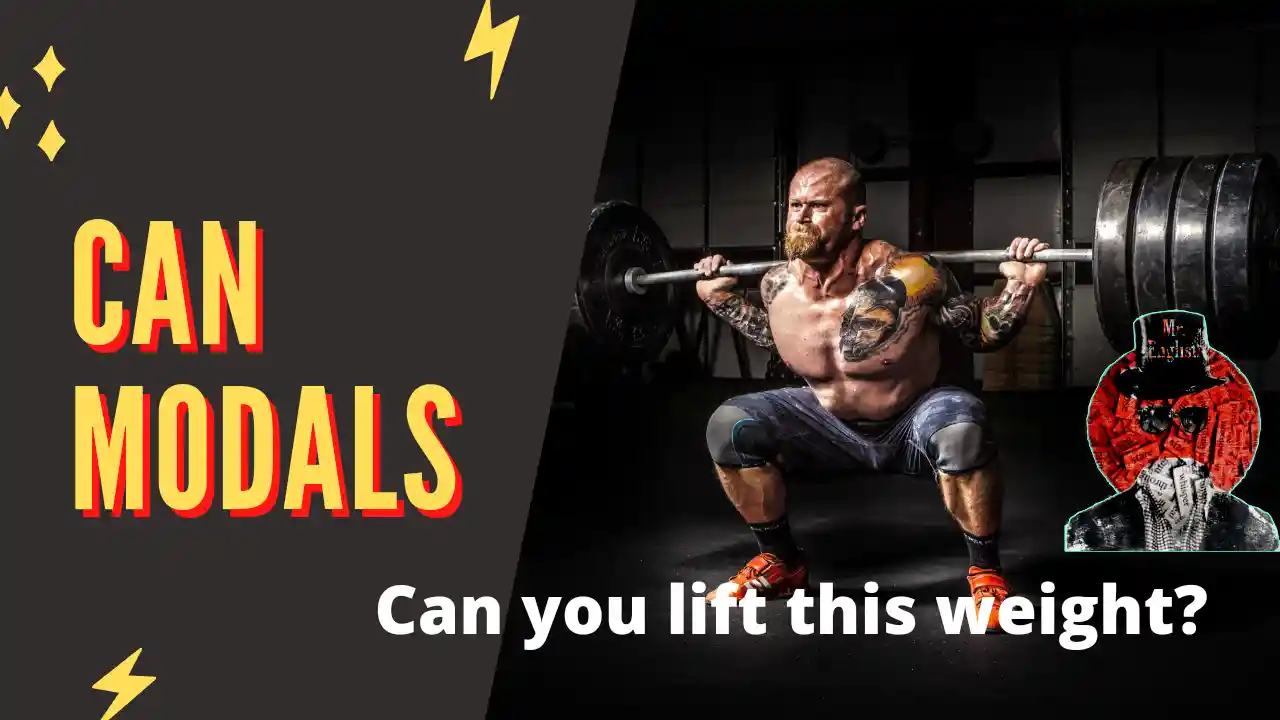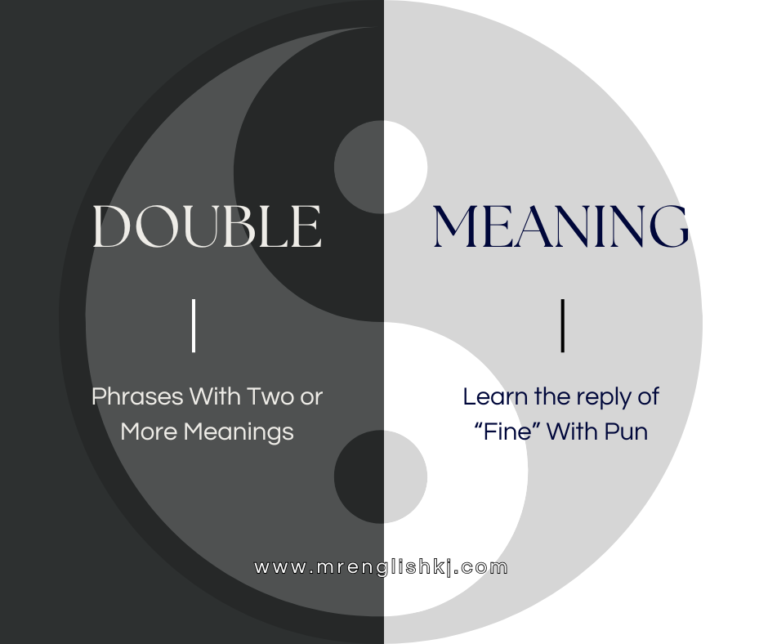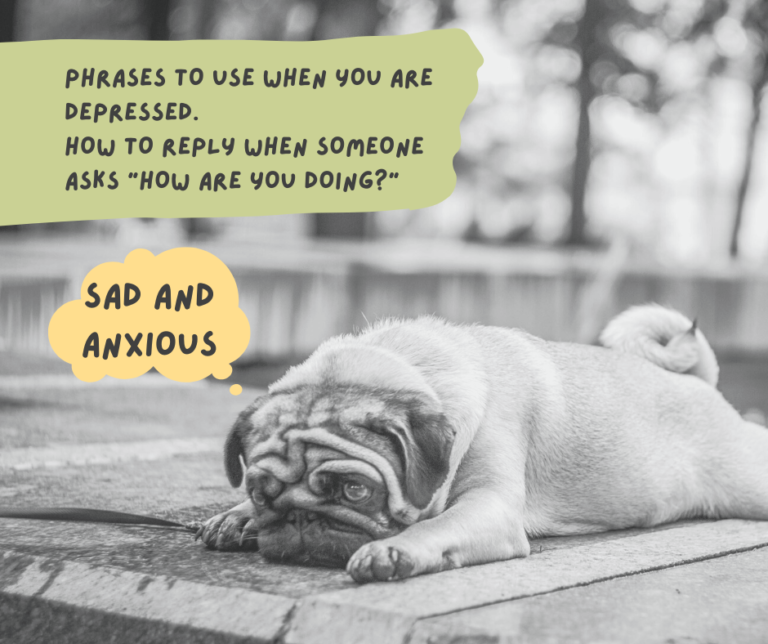
Can
Can = We use ‘Can’ to show the expression of ability. When we express our ability and power, we use ‘Can.’ “Can” is a Modal Verb.
Modals = Modal Verbs are all about the expressions but not the action.
-
Ability or Power =
- Mind Power – When we express our ability by using our mind or intelligence, we use ‘Can.’
e.g. – I can solve this quiz. (I have the ability to solve this quiz.)
- Money Power – When we express our ability by using our money or wealth, we use ‘Can.’
e.g. – He can buy this car. (He has the ability to buy this car.)
- Body Power – When we express our ability by using our body or strength, we use ‘Can.’
e.g. – She can defeat this man. (She has the ability to defeat this man.)
- Time Power – When we express our ability by using time, we use ‘Can.’
e.g. – We can solve this quiz within 10 minutes. (We have the ability to solve this quiz within 10 minutes.)
Can Rules =
- Can + Verb 1st form = He, She, It, I, You, We, They, This, That, These, Those, Singular Noun, and PLural Nouns…
Can Format =
- Affirmative = Subject + can + verb 1st form + other words.
- Negative = Subject + can + not + verb 1st form + other words.
can + not = can’t or cannot.
- Simple Interro = Can + subject + verb 1st form + other words?
- Simple Interro Negative = Can + subject + not + verb 1st form + other words?
- Interrogative = Wh-family + can + subject + verb 1st form + other words?
- Interrogative Negative = Wh-family + can + subject + not + verb 1st form + other words?
Can Definition
1. Ability and Power = When anyone shows or expresses the power of mind, money, body, and time, we use ‘Can.’ It is a ‘Modal Verb,’ so we use it just to express not to do any action.
e.g. –
- I can break the door. (Expressing the ability to break the door – The speaker is not breaking the door right now, it is just an expression that shows ‘I have an ability to break the door.’)
- Can you lift that car? (Ask for the expression of the ability to lift that car – The speaker is not asking to lift the car right now, it is just an expression that asks ‘Do you have an ability to lift that car?’)
- He can apply for this job. (Expressing the ability to apply for the job – The speaker is not applying for the job, it is just an expression that shows ‘He has an ability to apply for this job.’)
- They can not supply the goods until tomorrow. (Expressing the ability to supply the goods – The speaker will not supply tomorrow, it is just an expression that shows ‘They have no an ability to supply the goods until tomorrow.’)
- She can resolve your issues. (Expressing the ability to resolve issues – The speaker is not resolving your issues right now, it is just an expression that shows ‘She has an ability to resolve your issues.’)
2. Informal and Impolite Expressions = We use ‘Can’ for giving or asking permission, request, offer, suggestion, and invitation. These expressions are impolite and informal. When we use ‘Can’ with these expressions, it is not polite and formal, because we show ability with these permissions.
Suppose, Mr English offers some money to KJ. Mr English makes the sentence, ‘I can give you some money.’ It means, ‘I have an ability to give you money.’
- Mr English expresses an offer by showing ability. It means, ‘Mr English has the money power to offer you money.’
- This is the reason, some people get offended sometimes and feel it impolite and informal that the person shows, ‘I have money power and I offer you some help.’
- How do you feel? When someone offers you money by showing the money power, it ruins the gratitude of help.
But you feel it impolite and informal, it is based on your nature. Some people do not get offended and they only feel the help. They do not take it seriously that the person shows his or her power.
“An Advice by KJ – You can use ‘Can’ for your friends because we mostly talk to them impolite and informal. This is the reason, you heard and saw ‘Can’ in a lot of sentences because it is friendly impolite but you should not use ‘Can 2nd definition’ for strangers and seniors.
e.g. –
- Can I drive your car? (Asking impolite and informal permission/request to drive the car.)
- He can call me anytime. (Giving impolite and informal permission/offer to call me.)
- You can join our club. (Giving impolite and informal permission/invitation to join the club.)
- Can they supply drinks at your party? (Asking impolite and informal permission/request to supply drinks)
- Can I drop you at home? (Asking impolite and informal permission/offer to drop at home)
3. Possibility = We use ‘Can’ to express possibility or to ask for possibility. Possibility means, ‘There is a chance to happen something in future and the speaker is not sure, it will or will not happen. Remember this is just an expression, we are not doing it right now.
e.g. –
- He can join the army. (There is a possibility for ‘He’ to join the army.)
- Can we live on Mars? (Ask for a possibility to live on Mars planet.)
- I can jump from this roof. (There is a possibility for ‘I’ to jump from this roof.)
- My friend can visit me next week. (There is a possibility for ‘My friend’ to visit me.)
- The milkman can deliver the milk by tomorrow. (There is a possibility for ‘The milkman’ to deliver the milk.)
4. A mild criticism = When we express a low-level criticism, we use “Can’t” in a question sentence. We only use ‘Simple Interro Negative and Interrogative Negative Format’ with this definition.
When we mildly criticize people to stop doing something that we do not want them to do, we use these two above formats.
or
When we mildly criticize people to start doing something that we want them to do, we still use these two above formats.
e.g. –
- Can’t you stop interrupting me in the middle of a conversation? (A mild criticism to stop interrupting.)
- Why can’t you go there and perform? (A mild criticism to go there and start performing.)
- Can’t he call them another day? (A mild criticism to stop calling.)
- Can’t you apologize to her? (A mild criticism to start apologizing.)
- Why can’t people stand against corruption? (A mild criticism to start standing.)
Modals = Modals are all about the expressions that do not take place. When we use Modals, we only express, we do not do it. When we do, we use Tense.
Modals – can, could, may, might, should, would, will, shall, ought to, and must, etc.
Thanks for choosing us!


